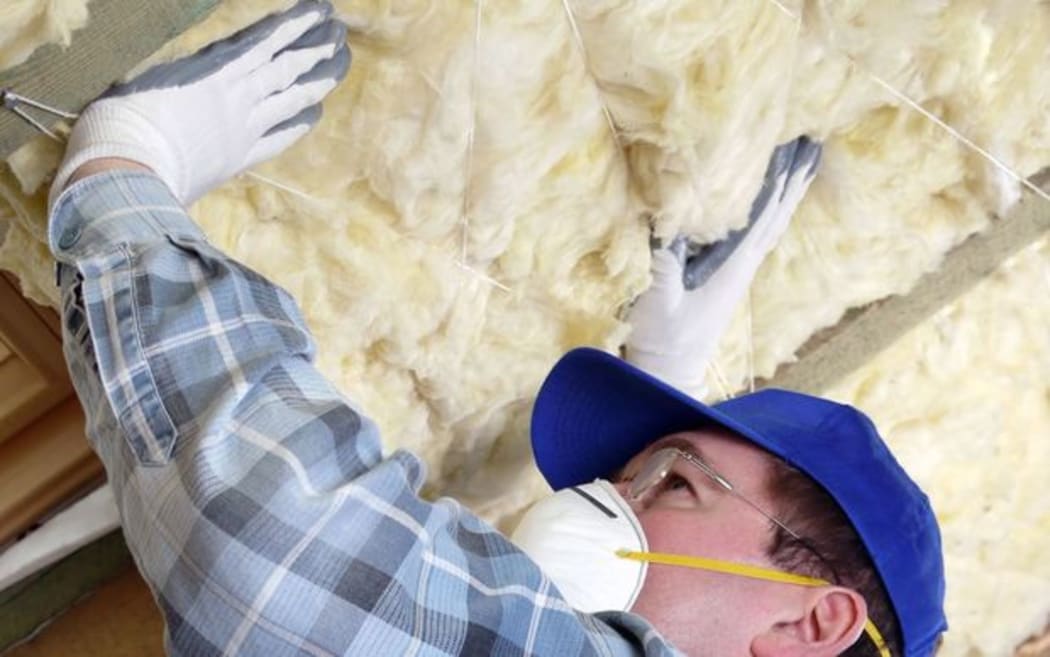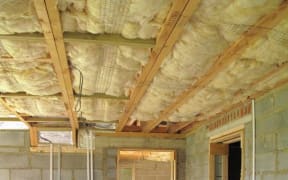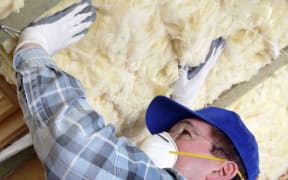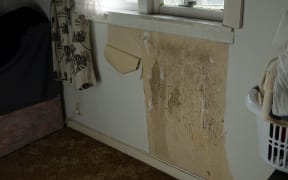Landlords are failing to meet their legal obligation to disclose how much insulation is in their rental properties when they sign up new tenants, the Building and Construction Minister says.

Tenancy Services encourages renters to request a copy of their landlords' insulation statement (file photo). Photo: 123RF
A law change last year required landlords to state how much insulation is in their rental properties in tenancy agreements.
But Building and Construction Minister Nick Smith said investigation teams were picking up a "level of non-compliance".
Dr Smith said the failure to provide insulation statements was the "biggest single area" of non-compliance by landlords.
Government agency Tenancy Services encourages renters to request a copy of their landlords' insulation statement when they rent their homes.
Spokesperson Jennifer Sykes said that would create better rentals.
"We are targeting both landlords and tenants, making sure that the landlords are putting it into their tenancy agreements, and that tenants know about it as well, so tenants can see it there and ask about it."
In 2019, the law will change again, making insulating rental homes compulsory.
The government estimates 180,000 rental properties are not properly insulated at the moment.
Dr Smith told the Green Party there was little reliable evidence about whether landlords were getting properties insulated before the 2019 law change.
Green Party co-leader Metiria Turei said that was a disgrace.
"The government has no idea how many landlords are meeting the legislative requirements, they're not trying to find out, they're not contacting landlords and they're not keeping numbers.
"All the obligation is on the tenants."
Dr Smith pointed to the BRANZ 2015 House Condition Survey (PDF, 750KB), which indicated only 6 percent of rentals had no ceiling insulation. It also showed more rental properties had underfloor insulation, which he said was good progress.
But Dr Smith acknowledged the survey was of limited use given it looked at just 149 rental properties.
"You never know absolutely, in the sense that it's not a reliable statistic, but it's a good indicator on which we can base our rules."
Community Energy Network executive officer Gareth Cartwright said there would be a "huge number" of non-compliant rental properties when the law changed in 2019.
"But given the market we've got now, even if tenants are aware of their rights they won't be pushing that those rights are upheld in the tenancy agreements."
Landlords face a $4000 fine if they don't comply.
Over the past nine years, a variety of government grant programmes have subsidised the insulation of nearly 300,000 homes.
Yesterday it extended the eligibility for its Warm Up New Zealand: Healthy Homes insulation grants to include low-income home owners.
The programme will end in June 2018.





